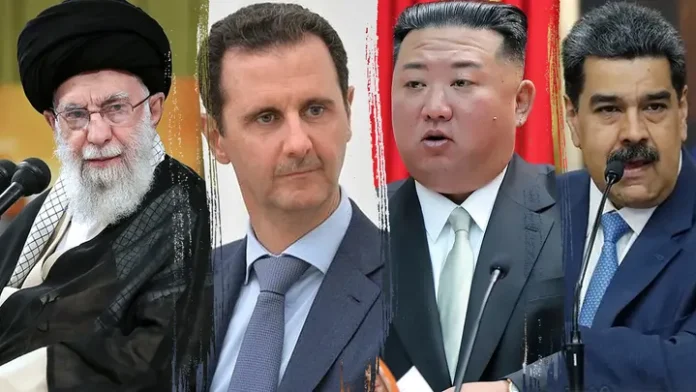The decision by the International Criminal Court (ICC) to consider issuing arrest warrants for Israeli and Hamas officials has sparked intense debate and criticism. Critics argue that the ICC’s focus on Israel while neglecting other cases involving brutal regimes is deeply flawed and politically motivated.
Over the past two decades, the ICC has faced significant challenges in achieving successful prosecutions, with fewer than 10 cases resulting in convictions. Despite spending over $2 billion, its effectiveness has been questioned, particularly in light of its pursuit of Israeli officials.
Orde Kittrie, a senior fellow at the Foundation for Defense of Democracies and law professor at Arizona State University, highlighted the irony of the ICC’s actions. He pointed out that Israel is not a member state of the ICC and is capable of investigating and addressing allegations of wrongdoing internally. According to Kittrie, this makes the ICC’s pursuit of Israeli officials unjustified.
The decision to pursue Israeli officials was reportedly based on a review of evidence by a panel of experts, which included human rights attorney Amal Clooney. ICC prosecutor Fatou Bensouda stated that there were “reasonable grounds” to believe that Israeli officials were responsible for war crimes and crimes against humanity in the territory of Palestine.
Critics argue that the ICC’s actions reflect a biased approach to international justice, disproportionately targeting Israel while ignoring atrocities committed by other states. They point to the ICC’s failure to address human rights abuses in countries like Syria, Venezuela, and North Korea as evidence of its selective enforcement.
Moreover, the politicization of the ICC’s decisions undermines its credibility and impartiality. By singling out Israel for prosecution, the ICC risks being perceived as a tool for advancing political agendas rather than upholding the principles of international law.
On the other hand, supporters of the ICC’s actions argue that holding Israeli officials accountable for alleged crimes is essential for achieving justice and accountability in the Israeli-Palestinian conflict. They contend that the ICC has a responsibility to investigate and prosecute violations of international law, regardless of the political implications.
Furthermore, they argue that the ICC’s decision is consistent with its mandate to address crimes against humanity and war crimes wherever they occur. By pursuing cases involving Israel and Palestine, the ICC demonstrates its commitment to upholding human rights and promoting accountability for grave violations of international law.
However, critics question the ICC’s jurisdiction in the Israeli-Palestinian conflict, noting that neither Israel nor Palestine is a member state of the court. They argue that the ICC’s involvement in the conflict only serves to further politicize an already complex and contentious issue.
In response to the ICC’s decision, Israeli officials have denounced the court’s actions as biased and politically motivated. They argue that Israel has a robust legal system capable of investigating and prosecuting alleged crimes committed by its officials. Moreover, they accuse the ICC of undermining efforts to achieve a peaceful resolution to the Israeli-Palestinian conflict.
The ICC’s consideration of arrest warrants for Hamas officials has also raised concerns among human rights advocates. While Hamas is widely recognized as a terrorist organization, some argue that the ICC’s involvement in the Israeli-Palestinian conflict could complicate efforts to address human rights abuses committed by all parties involved.
In conclusion, the ICC’s decision to consider issuing arrest warrants for Israeli and Hamas officials has ignited controversy and debate. Critics argue that the ICC’s focus on Israel is unjustified and politically motivated, while supporters contend that it is essential for achieving justice and accountability in the Israeli-Palestinian conflict. Ultimately, the ICC’s actions underscore the challenges of pursuing international justice in a politically charged and complex geopolitical environment.























